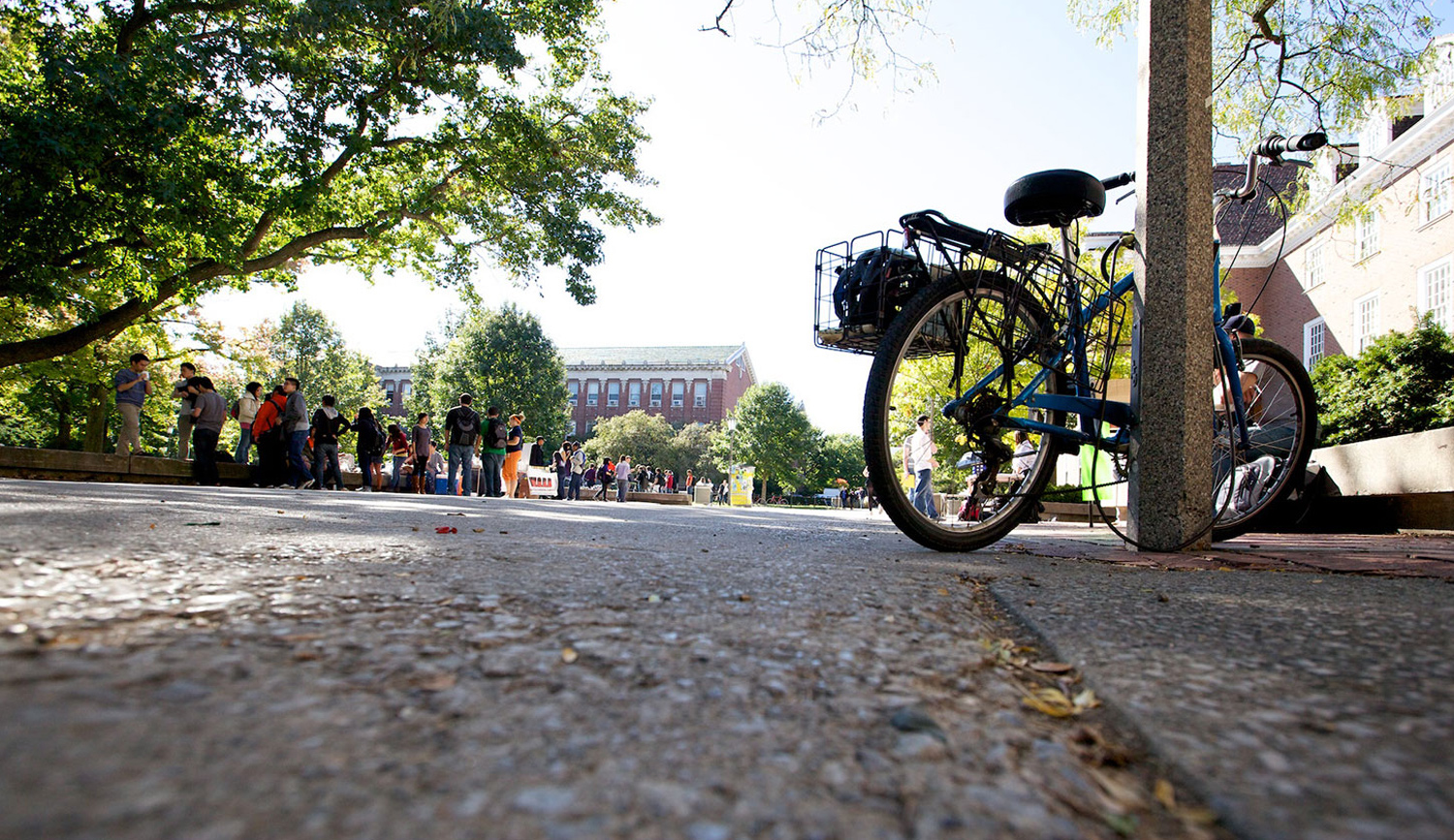Cowboys for Life v. Sampson


For several years, Josh Bowman and Jenny Ortman sought to share the catastrophic effects of abortion with their classmates at Oklahoma State University (OSU). Through Cowboys for Life, they had worked to defend the right to life for the unborn, to persuade others of their duty to help stop abortion, and to minister to parents harmed by abortion.
In 2012, Cowboys for Life invited Justice for All to bring its exhibit to campus, knowing that this pro-life display would create numerous opportunities to converse with OSU students, faculty, and staff about the sanctity of life. But they faced numerous obstacles from OSU officials. When they tried to reserve the lawns outside the library and Student Center, OSU officials denied their request, even though they allowed numerous other groups to use these same locations. When they tried to reserve another area near the Student Center, OSU officials first demanded to see the display and then moved them to a less-traveled area because the display might offend some people. These officials also forced Cowboys for Life to place “warning signs” around the display, further discouraging people from approaching them.
Members of Cowboys for Life then tried to reach students by carrying a hand-held sign and distributing literature near the Student Center. But OSU officials disrupted even these efforts, demanding that the students leave the area or post additional “warning” signs. Later, Cowboys for Life faced an investigation for supposedly violating the Student Code of Conduct simply because its members did what the First Amendment allows—carrying a sign and distributing leaflets.
Like many other public universities, OSU maintained unconstitutional speech zone policies that allowed administrators to interfere in Cowboys for Life’s activities. Under OSU policies, students could distribute literature “only in those areas designated by [administrators], as appropriate.” Those administrators could impose any restrictions they saw fit. If a student group wanted to hold an outdoor event, it first had to get approval from OSU officials, and those officials could grant or deny that approval—or move the event to a different location altogether—for any reason at all.
As it has done for pro-life students at numerous other universities, Alliance Defending Freedom filed suit to challenge these speech zone policies. “The First Amendment exists to protect our freedom to share ideas freely and to prevent the government from suppressing ideas it deems ‘unacceptable,’” said Travis Barham, one of the attorneys who litigated this case. This is particularly true at universities, which are supposed to be the marketplace of ideas, meaning that all ideas—not just those favored by university officials—should be welcomed and vigorously debated.
Several months later, OSU agreed to change it speech zone policies to respect its students’ constitutionally protected freedom of expression. It also rescinded the verbal warnings against Cowboys for Life, made it clear that the group no longer faced any investigations for supposedly violating the Student Code of Conduct, and paid the group’s attorneys’ fees. As a result, all OSU students are more free to speak on campus, and Cowboys for Life can look forward to defending life without unconstitutional interference.
The right of conservative, Christian, and pro-life students to utilize the same high-traffic areas of campus that other groups regularly use for displays and events.
The right of university students of any faith or political perspective to distribute literature freely in the outdoor areas of campus.
The right of university students to express their views freely on campus even if others find those views “offensive.”
Alliance Defending Freedom represented Cowboys for Life and defended its right to speak freely in the open, public areas of campus.